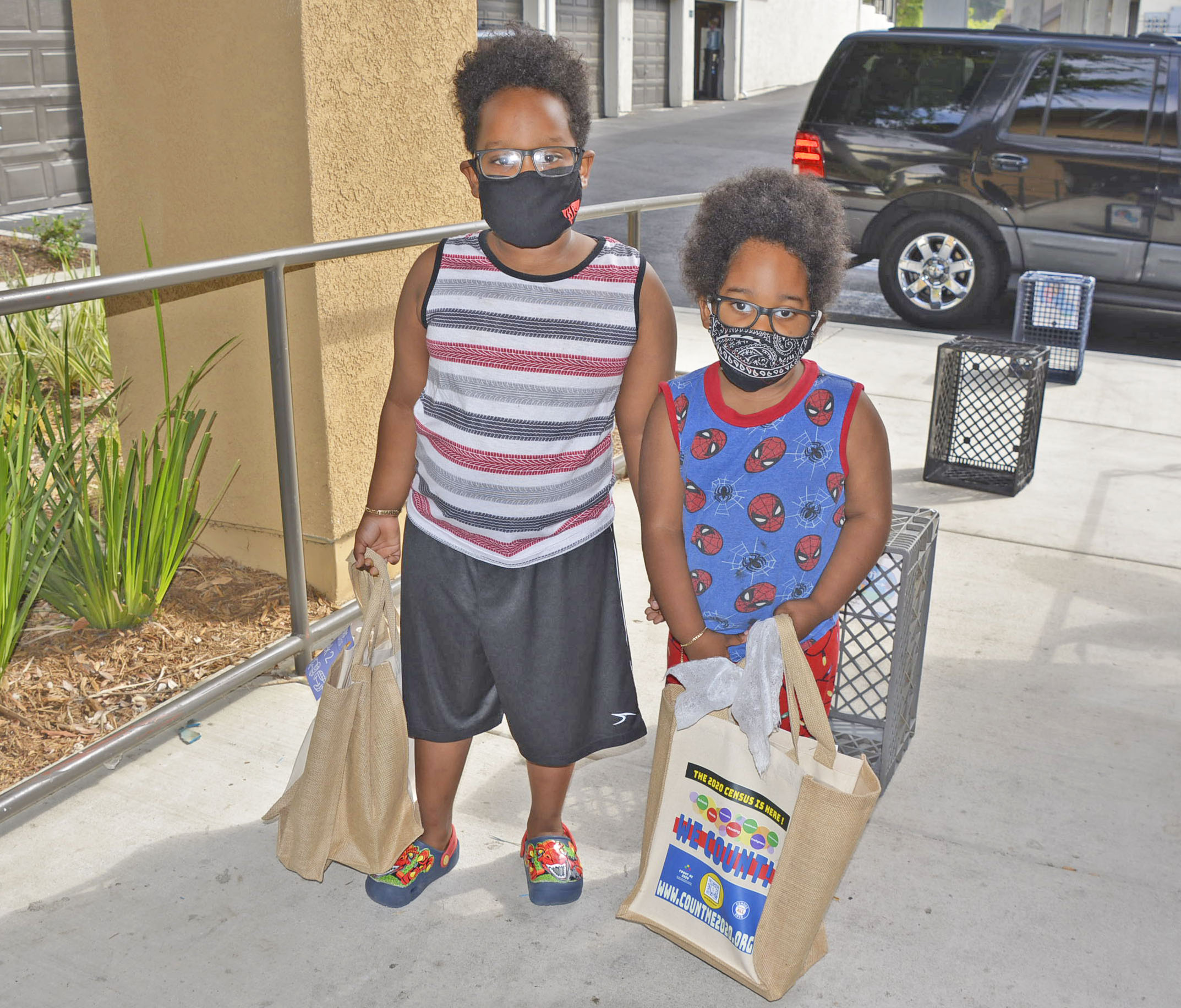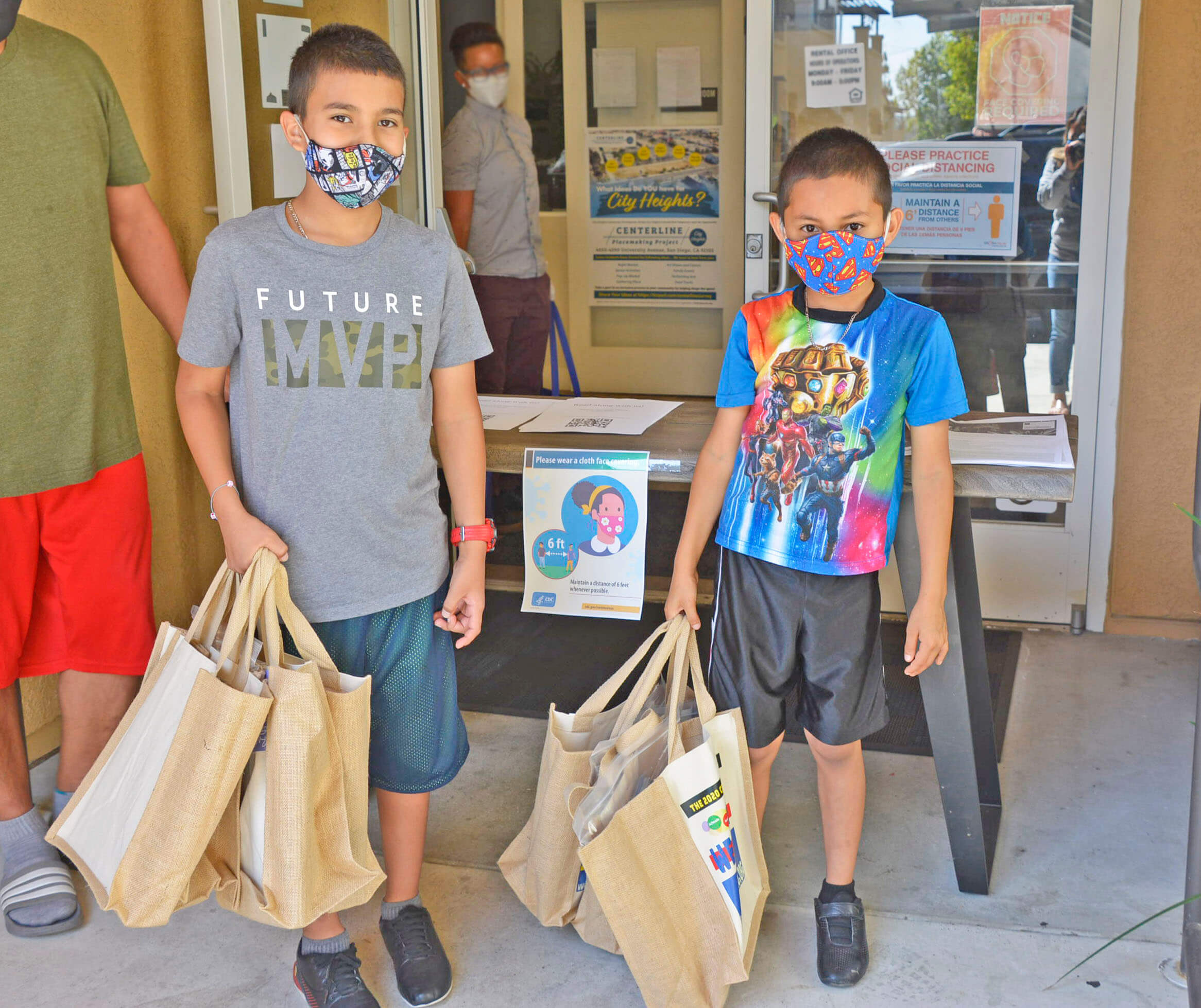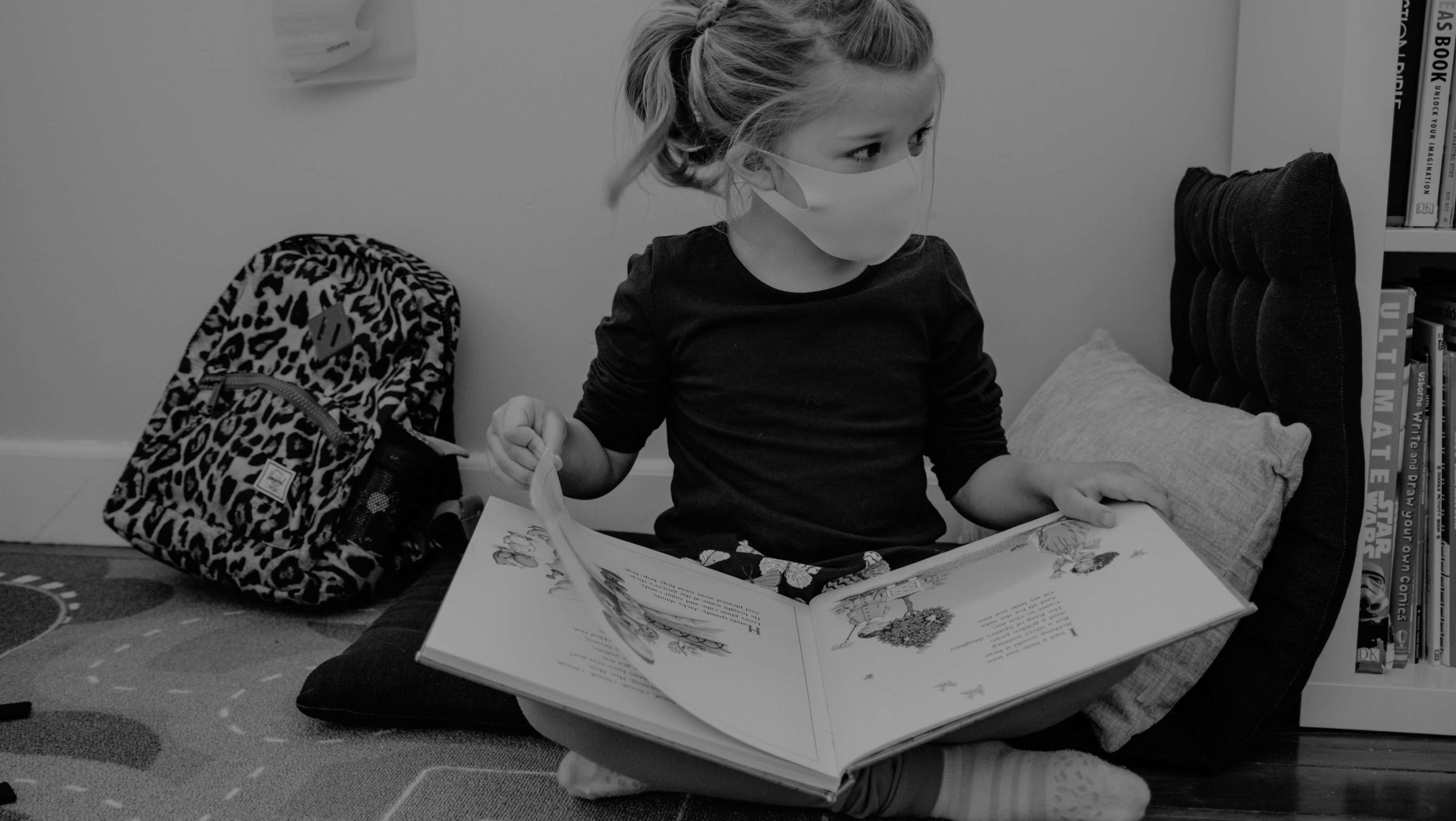Community Learning Model
Community Learning Model

Written by:Alexis Avina, EdD, MPH, Vice President of Community Impact
United Way of San Diego County is proud to share a comprehensive, community-driven approach, called the Community Learning Model, which aims to provide supportive extended learning opportunities to help local children thrive.
No matter our race, background, or ZIP code, we all want our children to learn in a safe environment that inspires imagination, cultivates curiosity and critical thinking, and ensures our children can pursue their academic potential. Regardless of the challenges that students face at home, we want their learning experience to be filled with opportunities to succeed. For the last several years, the impacts of the COVID-pandemic have been immense, and when it comes to our children, most significantly, the pandemic has contributed to something called unfinished learning, which has limited children’s ability to reach their highest potential.
Since 2020, unfinished learning has contributed to the following issues:
- Disruptive educational school years
- Large disparities in educational experiences
- Decrease in student attendance (absenteeism and student drop out)
- Teacher shortages
- Mental health needs
- Burden on schools and teachers
Unfinished learning has led to students who are disengaged from school altogether and may have slipped backward, losing knowledge or skills they once had. While a majority of students simply learned less than they would have in a typical year. Students who move on to the next grade unprepared are missing key building blocks of knowledge that are necessary for success, while students who repeat a year are much less likely to complete high school and move on to college. It’s not just academic knowledge these students may miss out on. They are at risk of finishing school without the skills, behaviors, and mindsets to succeed in college or in the workforce.
Because learning never occurs in isolation, local schools aren’t the only place to where students can turn for support. That’s where the Community Learning Model comes in. It focuses on what students really need to succeed. Examples include tutoring, additional literacy/numeracy skill building, socio-emotional learning, access to free books, Science Technology Engineering Arts and Mathematics (STEAM) curriculum that is tailored to the unique interests of students, opportunities for scholarships, and internships and mentorships with local high growth careers. Basic needs for their families are also addressed, such as free healthy meals, health care or mental health counseling, housing support, or other tailored services before, during, and after school.
The Community Learning Model identifies these needs by bringing together community-based resources, local public school districts, academics, health and social services, and youth and community development agencies. These services take place in numerous locations including school campuses, community based organizations, and virtually.
These academic enrichment opportunities are held during non-school hours for children, particularly students who attend high-poverty and low performing schools.
The Community Learning Model aims to help students meet state and local standards in core academic subjects such as reading and math, offers students a comprehensive array of enrichment academic activities that complement their regular academic programs, and provides support services to families of participating students.
Research shows that comprehensive out-of-school time that builds and expands on the regular academic school day yields positive outcomes including increased literacy, numeracy, socio-emotional abilities, self-confidence, and participation in the workforce.
Community Learning Model centers meet the unique needs of students by serving as safe and nurturing environments that facilitate strong connections between schools and extended learning, and help build strong community collaborations.
The Community Learning Model aligns with the United Way of San Diego County’s north star, “EDICT 2030”, which aims to align partners and leverage resources. We know that the community is strengthened when we collaborate with partners to address inequities in our region and help underserved communities. In partnership with community-based organizations, schools, school districts, and government, the Community Learning Model is leveraging the use of data and our partners’ expertise to better understand the root causes of our region’s most pressing issues, put impactful solutions into action, and achieve shared goals. Community Learning, a collaborative, place-based approach, puts our community on the fast track to closing educational gaps and ending disparities across the San Diego region.


